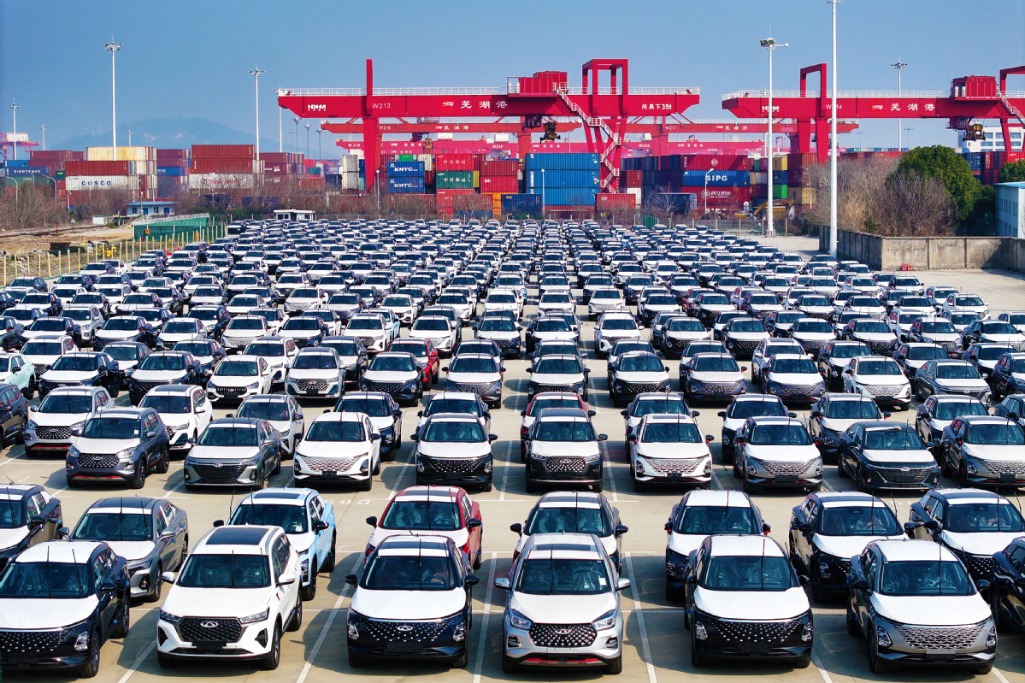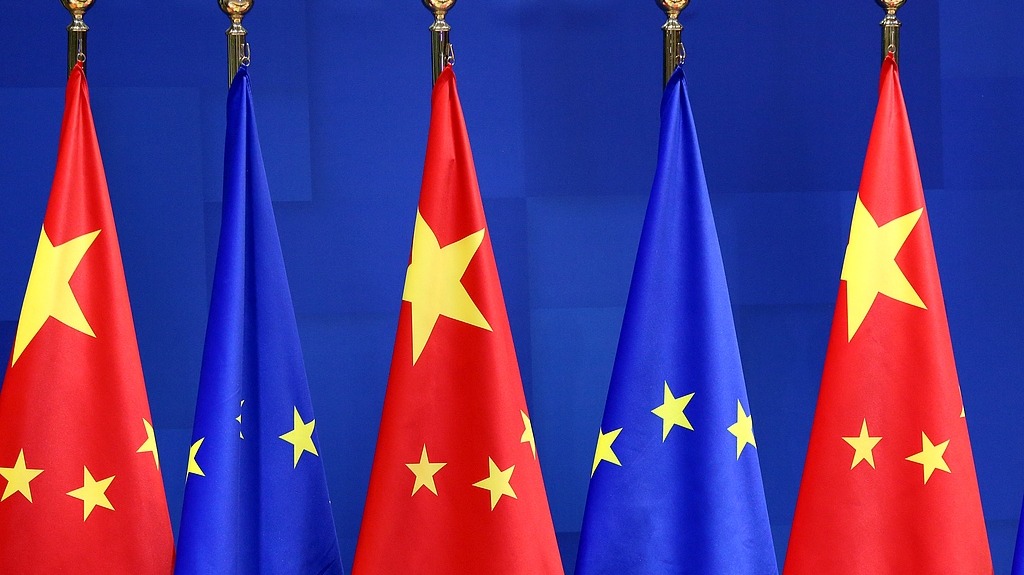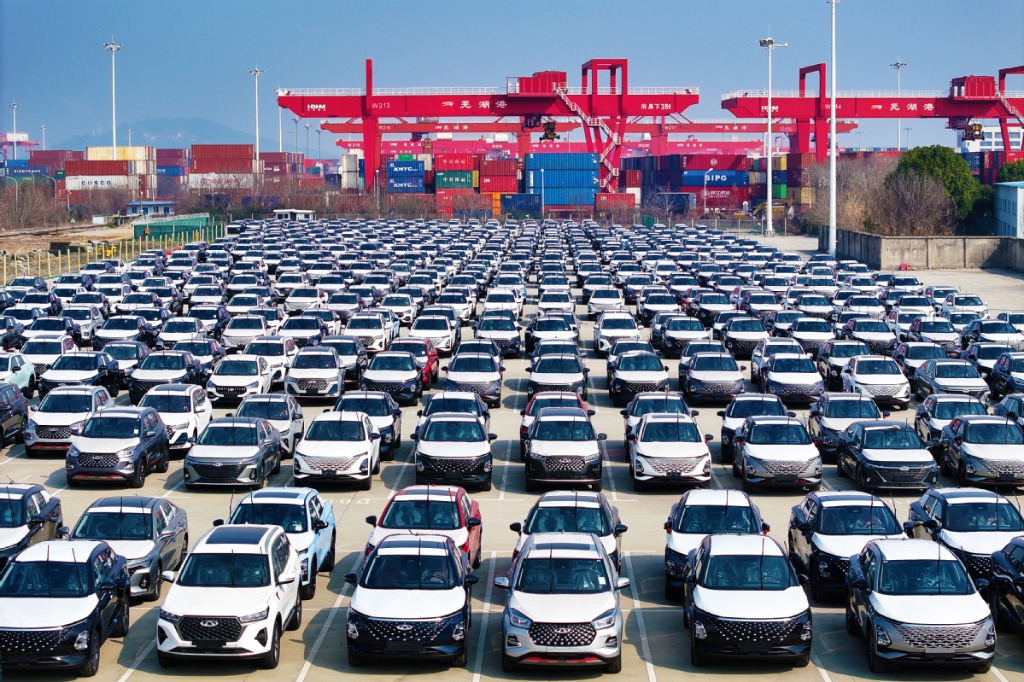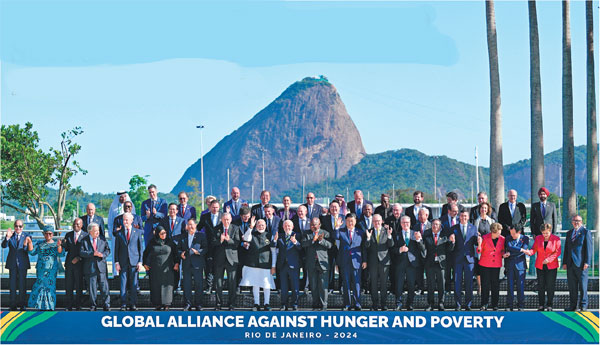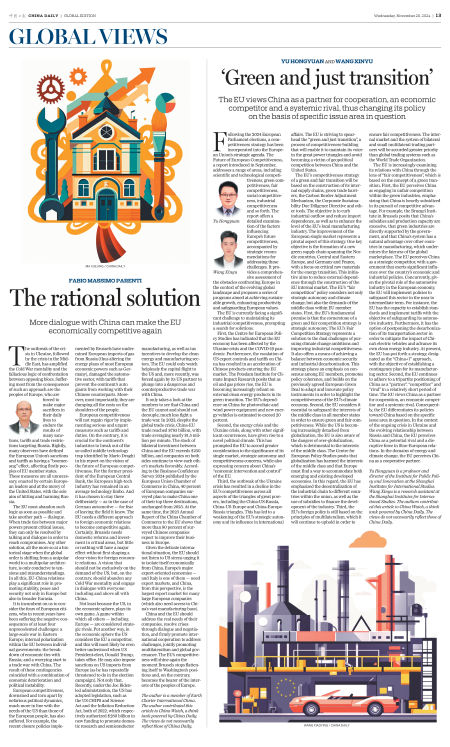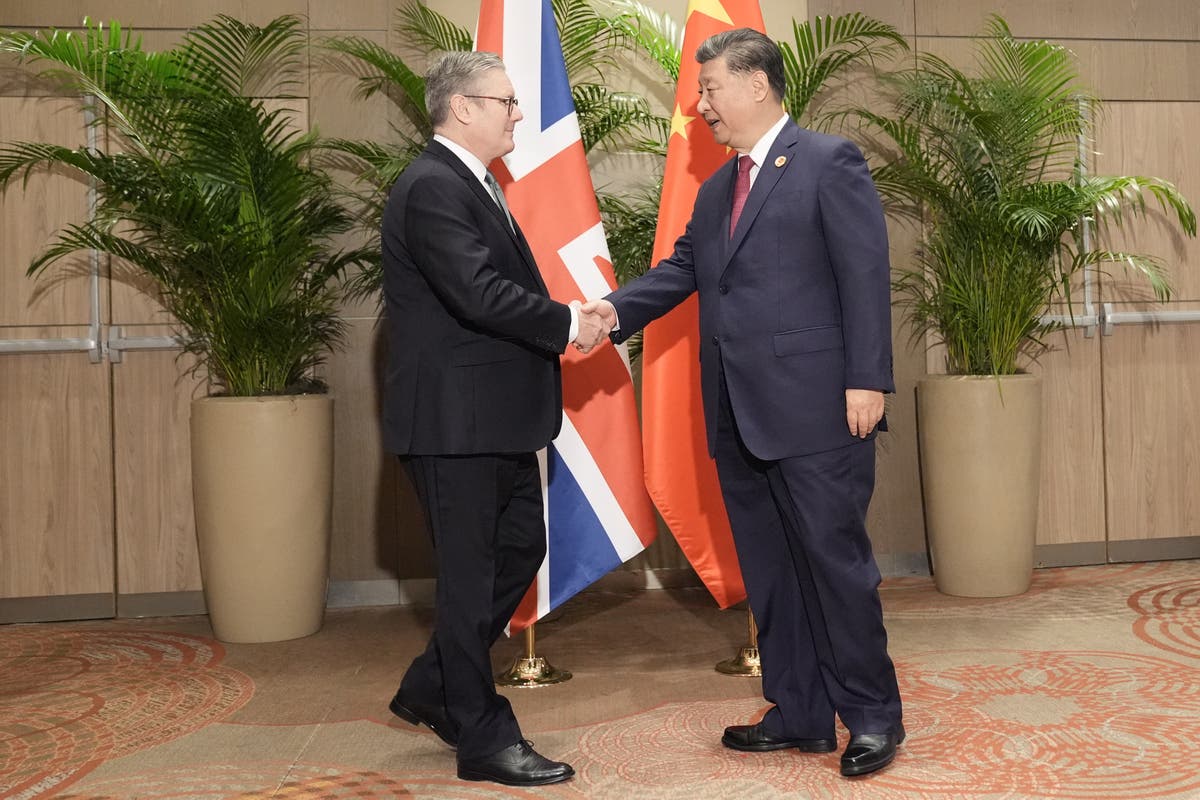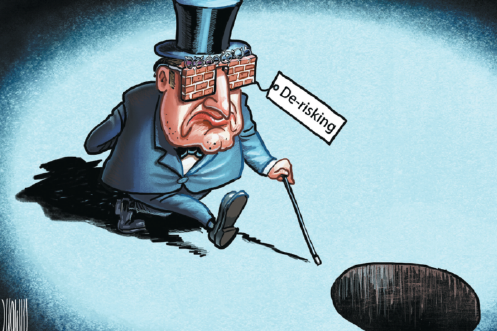
EU's 'de-risking' bears hallmarks of 'decoupling'
China DailyLUO JIE/CHINA DAILY Although the United States actively promotes a "de-risking" policy in relation to China, it was the European Union that first put forward the concept against the backdrop of the Ukraine crisis with the aim of ending its reliance on Russia for oil and natural gas, as well as to provide itself with a cushion zone to shun the "decoupling" practices of the US, which Brussels thinks go too far. However, as Washington tries to replace "decoupling" with "de-risking" in its China-containment strategy to avoid overstretching the EU and ease tensions with Beijing, more and more EU politicians and companies are slipping into the rhetoric trap of the US, as they no longer regard "de-risking" as an economic, industrial or technological necessity for security, but a political tool to suppress the development of ideological foes. As such, with China being smeared by the US as a "threat" to Western "values", "de-risking" in the EU does not stress self-reliance in some key fields of technology and resources anymore, and it is not based on facts any longer either, but rather the EU is seeking to eliminate Chinese products, services, technologies and investments from the key market sectors as instructed by Washington. True, the EU upholds certain strategic autonomy in the process, as its "de-risking" moves also include some targeting the US, particularly in green energy, digital services and artificial intelligence, in which the US' subsidies and monopoly cause wide concerns in Brussels.
History of this topic

China challenges dim European firms' investment appetite, lobby group says
Hindustan Times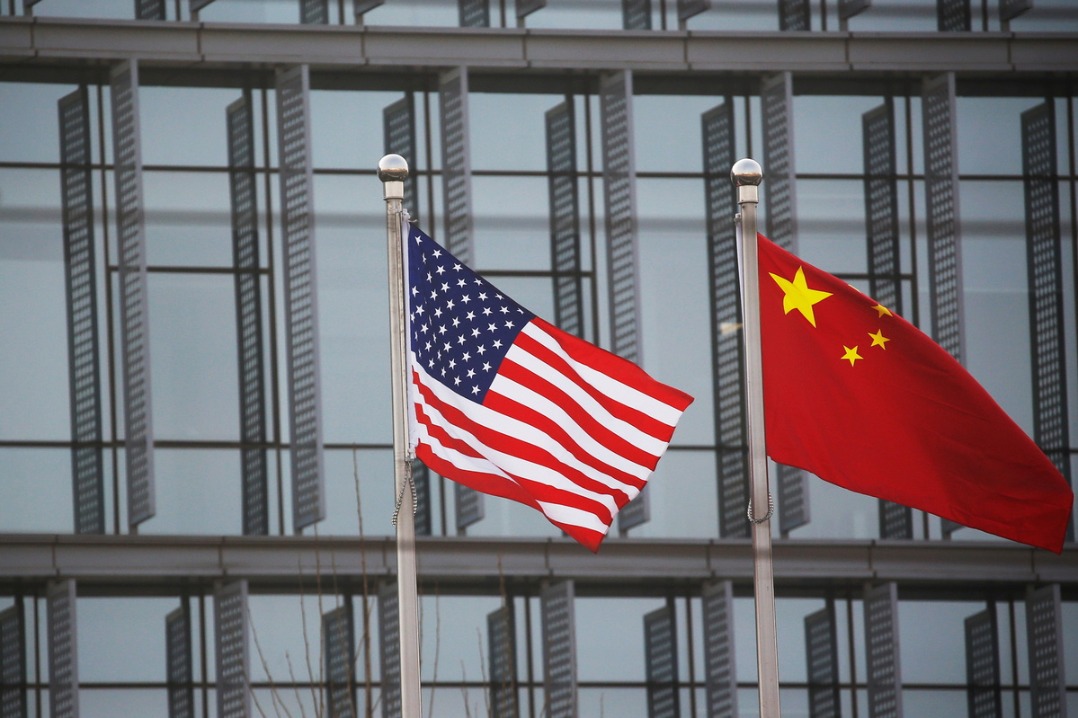
'De-risking' efforts and exercise in futility: China Daily editorial
China Daily
EU action will hurt trade partnership
China Daily
Protectionism a lose-lose scenario
China Daily
Protectionism a lose-lose scenario
China Daily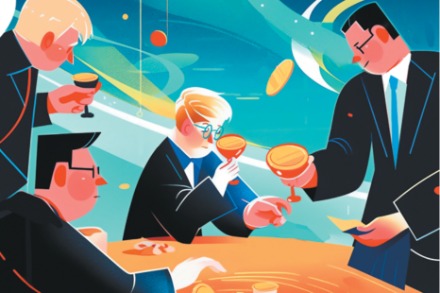
Reluctant collaborator
China Daily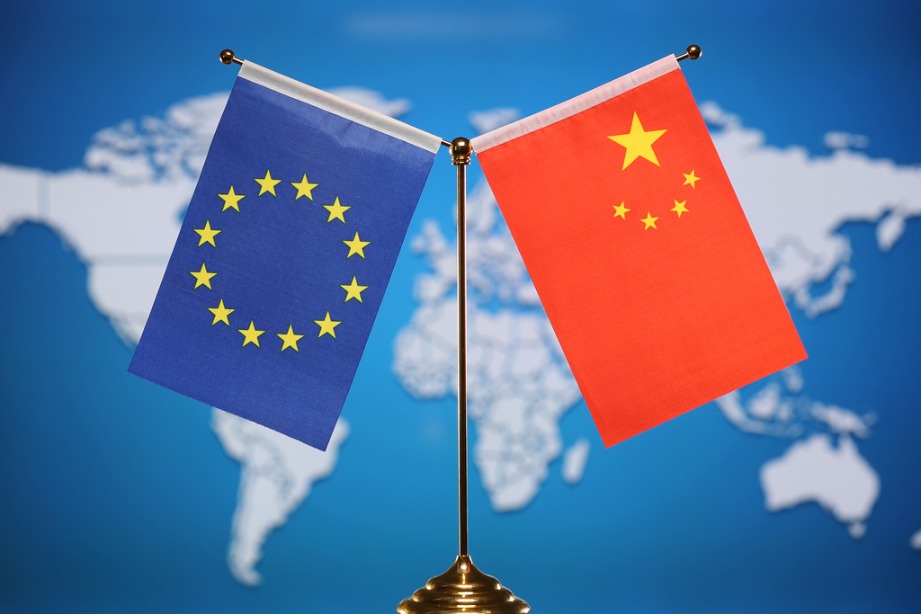
'De-risking' stems from zero-sum mindset: China Daily editorial
China Daily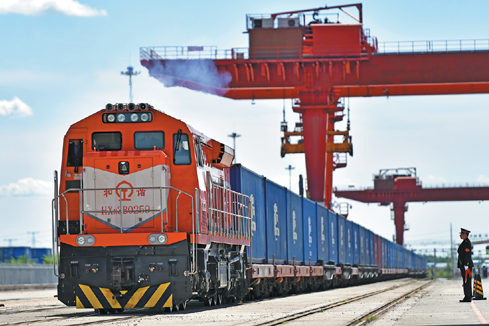
China, EU make strides toward strengthening ties
China Daily
China, EU make strides toward strengthening ties
China Daily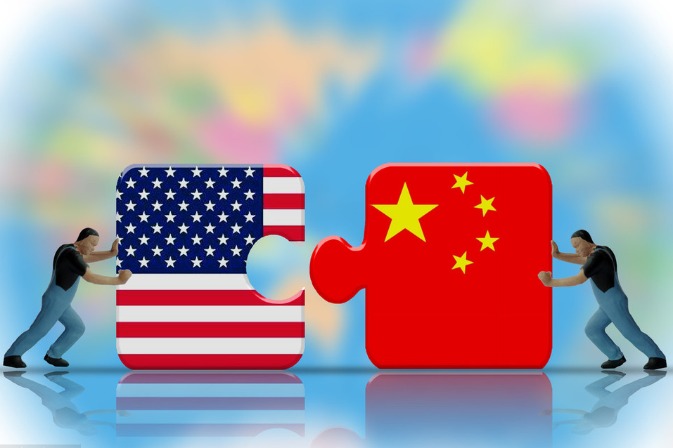
EU can play a vital role in easing China-US tensions
China Daily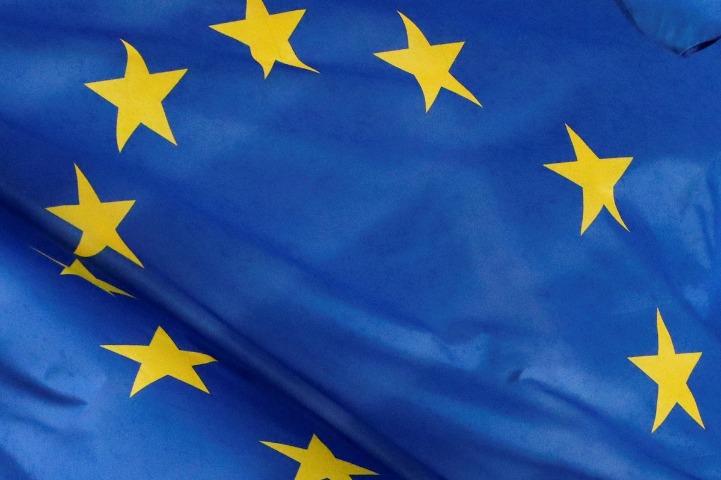
EU must beware Washington's forked tongue
China Daily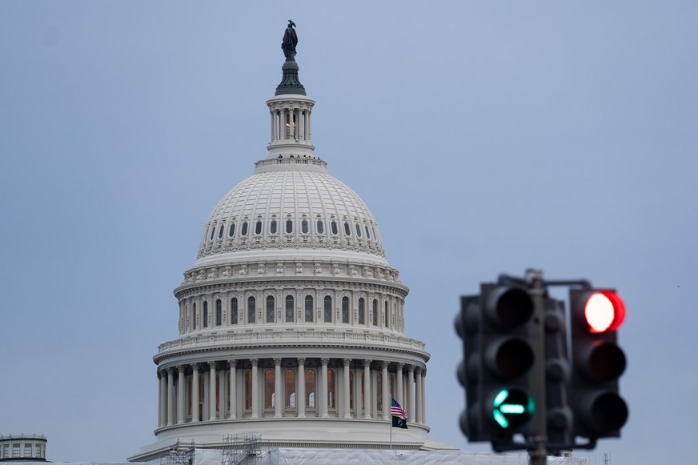
De-risking is dividing the world for US benefit
China Daily
Europe Aims to Cut China Risks, Not China Ties
Live MintEU unveils plan to protect economies from rivals. China is a focus, but is not named in the proposal
Associated Press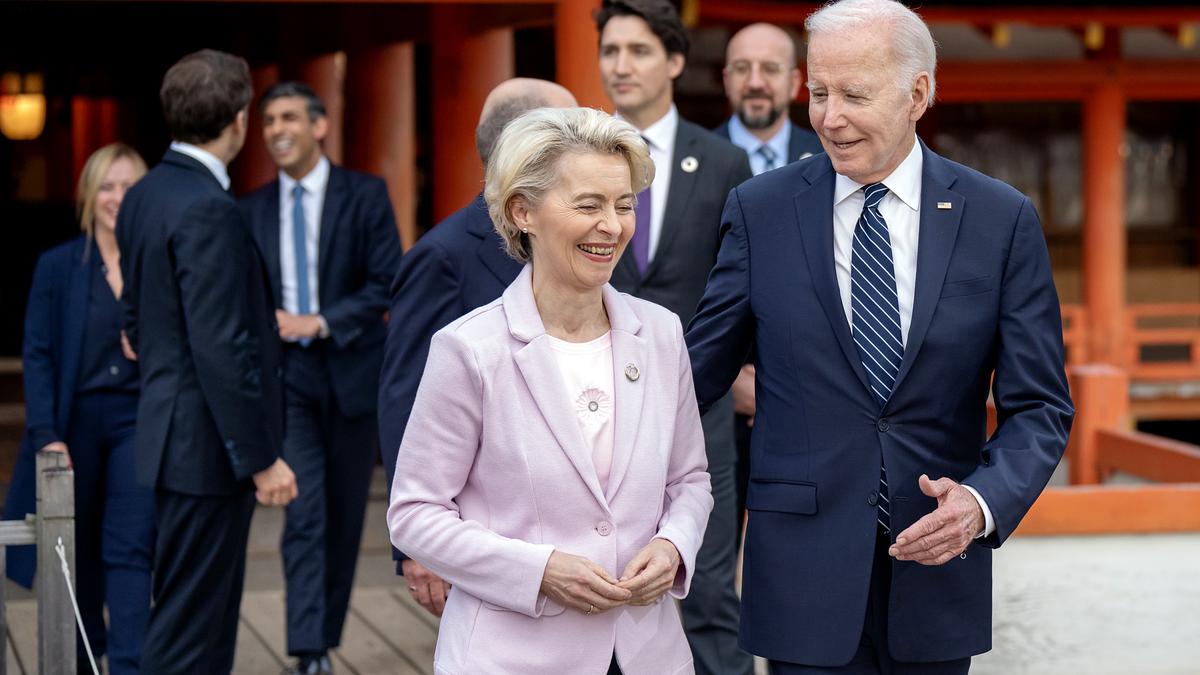
Explained | Why is the U.S. shifting its approach to China from decoupling to de-risking?
The Hindu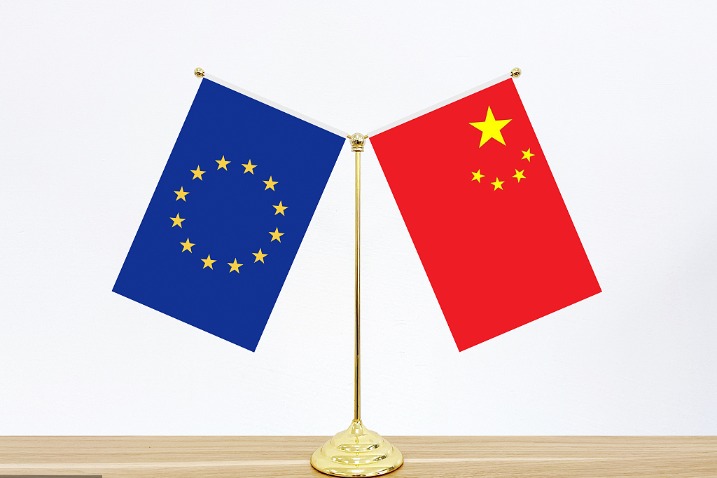
What's next for China's relationship with EU?
China Daily
Deglobalization and decoupling risk causing more global damage
China Daily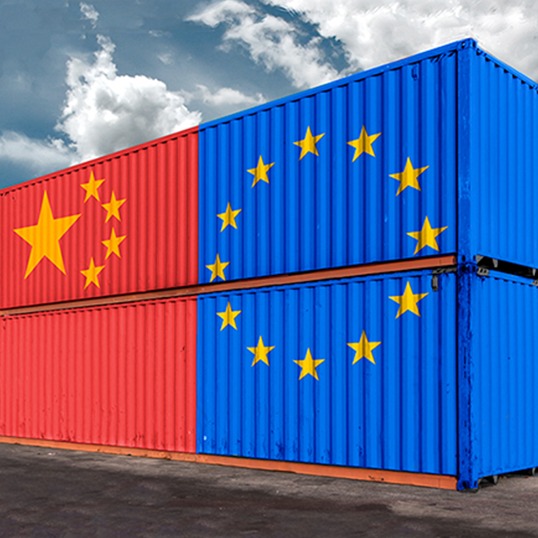
EU-China ties acquire a new dimension
China Daily
EU-China ties acquire a new dimension
China Daily
In China-Lithuania Row, Will the EU Stay on the Sidelines?
The Diplomat)
EU-China Investment Deal in Freeze Mode, But European Union Can’t Afford to Stand on Fence Anymore
News 18
EU, China sign investment deal 7 years in the making
Al JazeeraDiscover Related
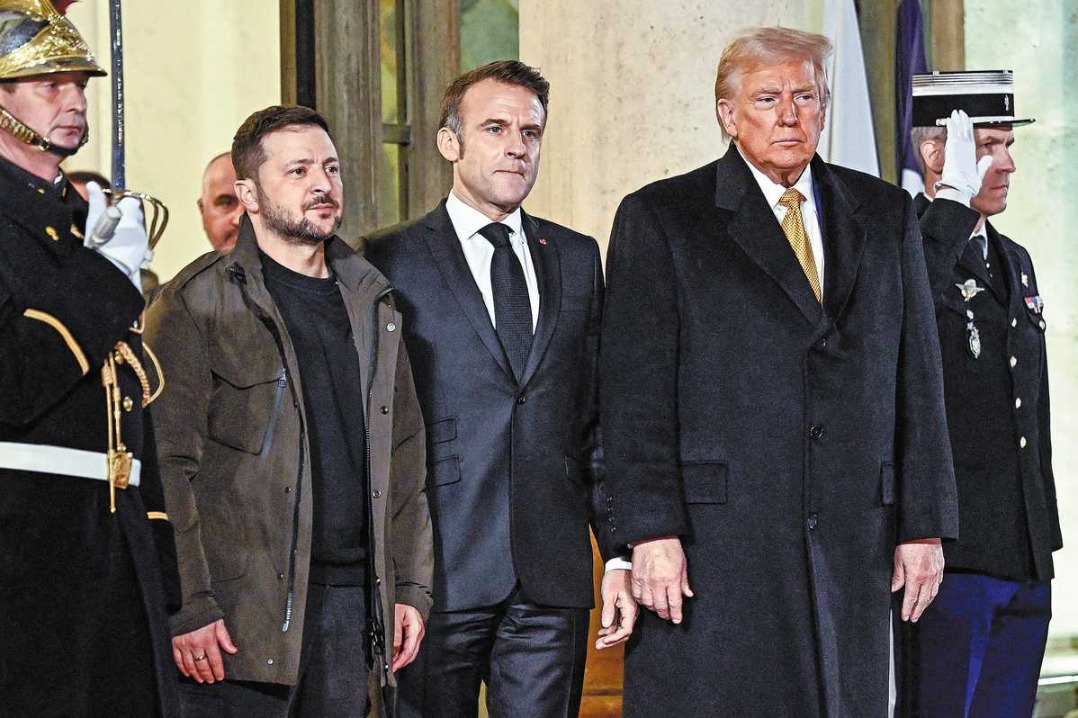

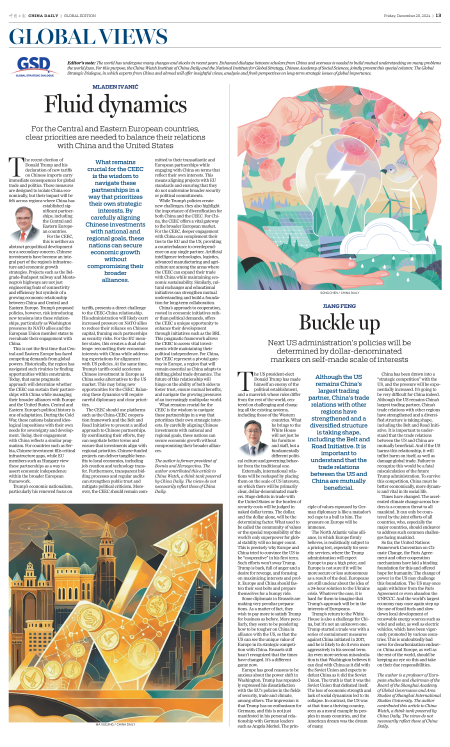

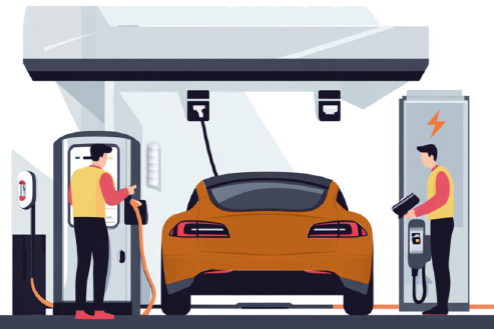
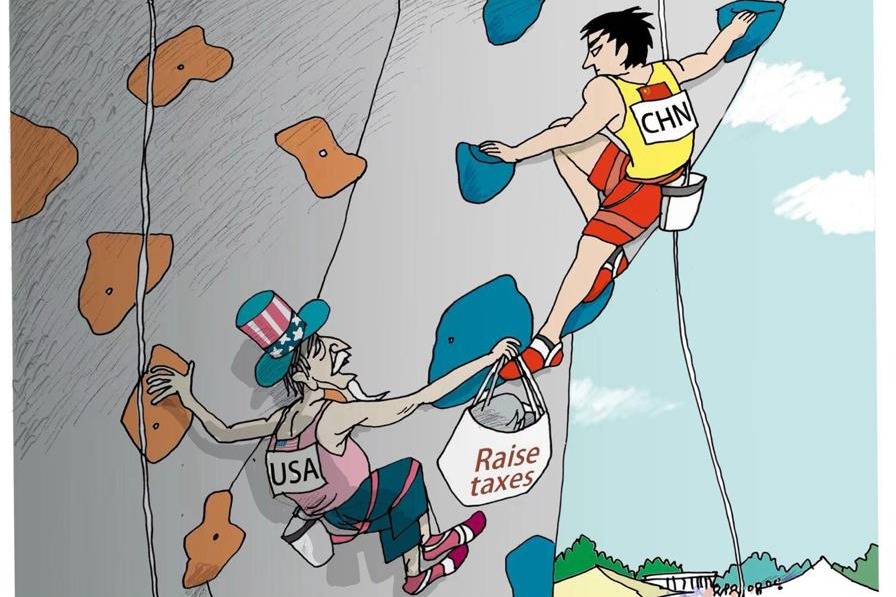

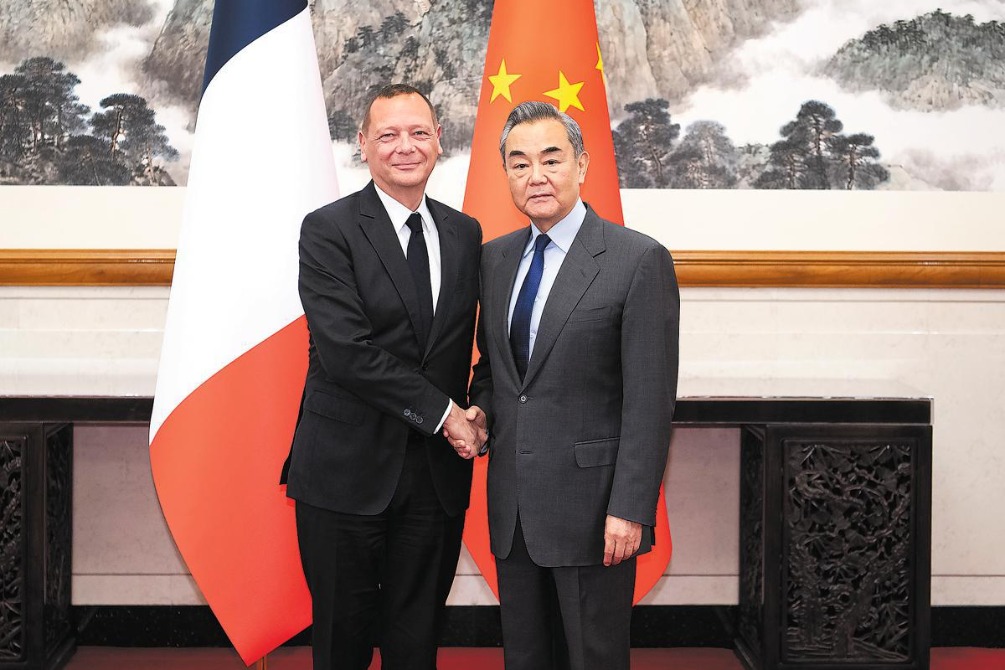
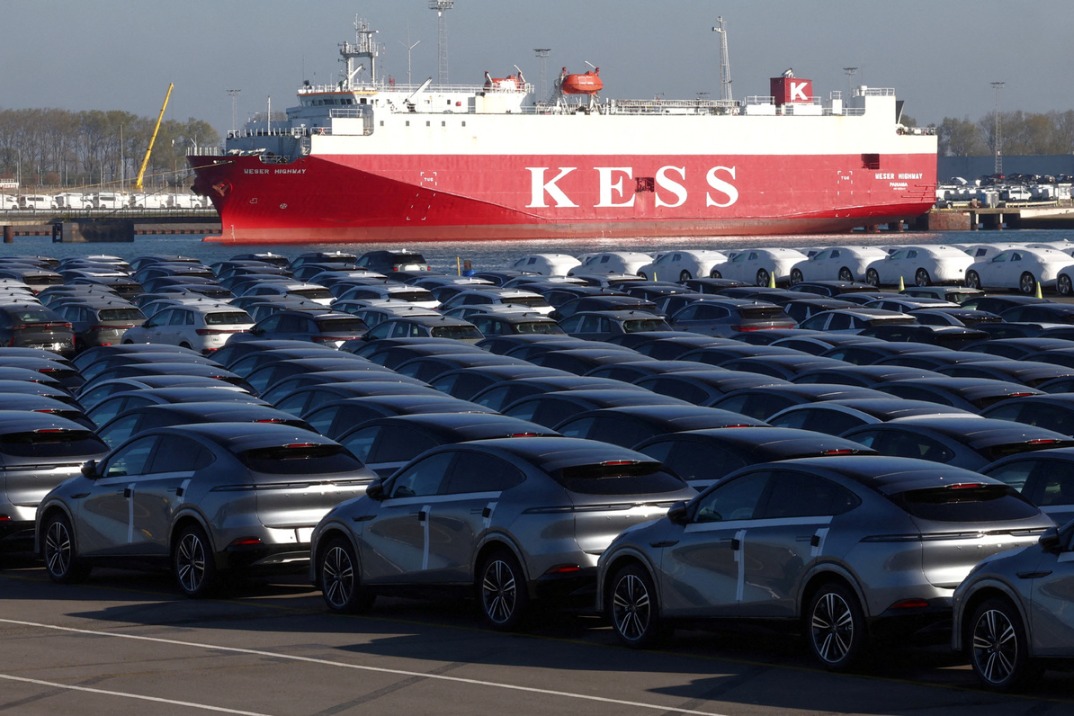
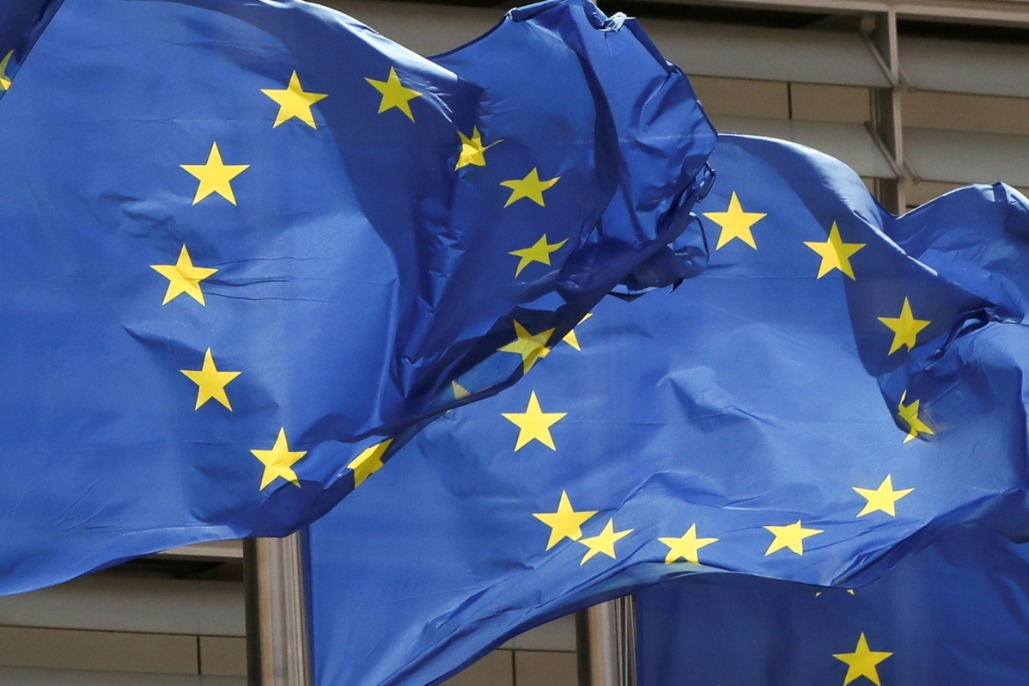

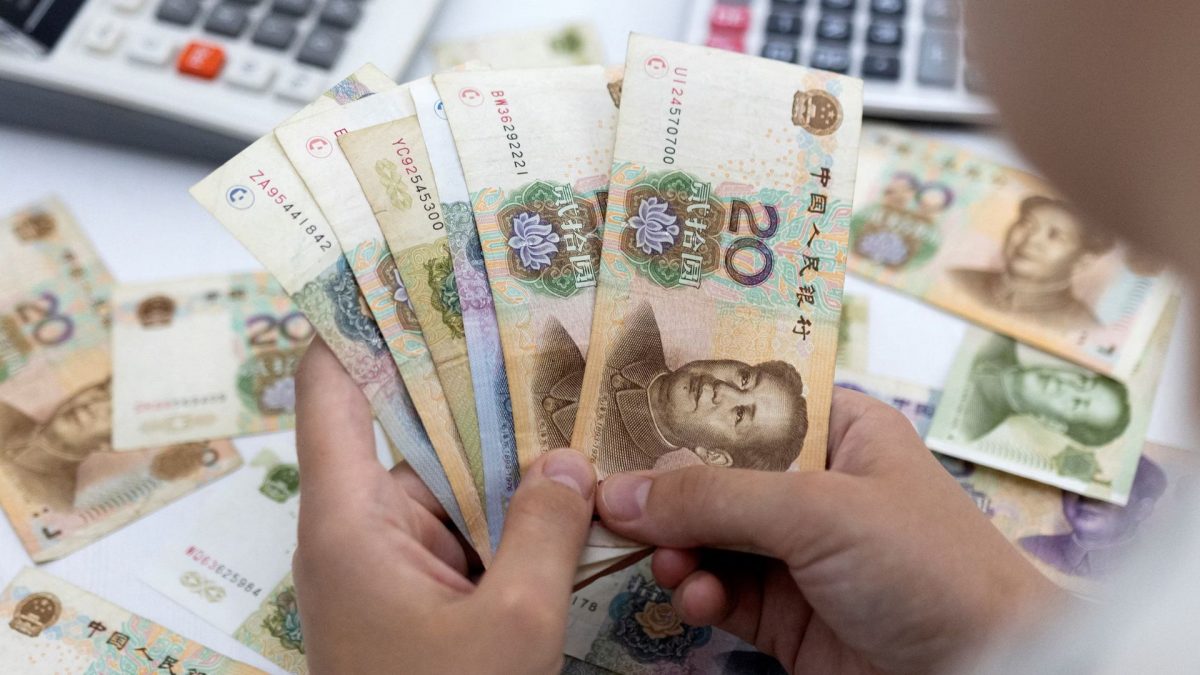)
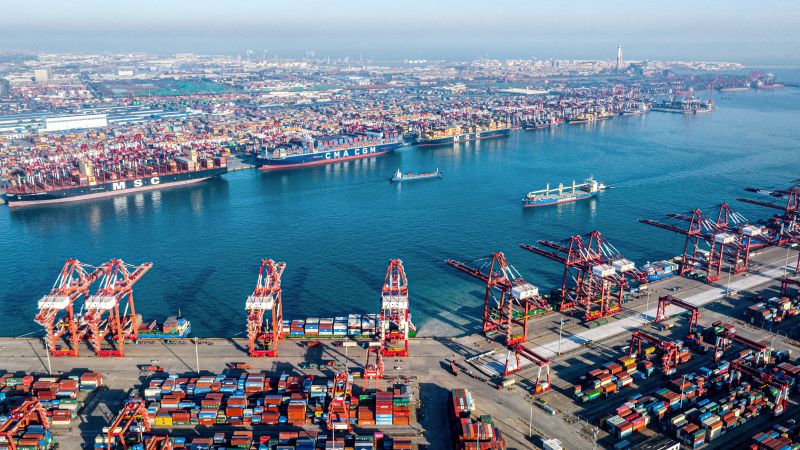

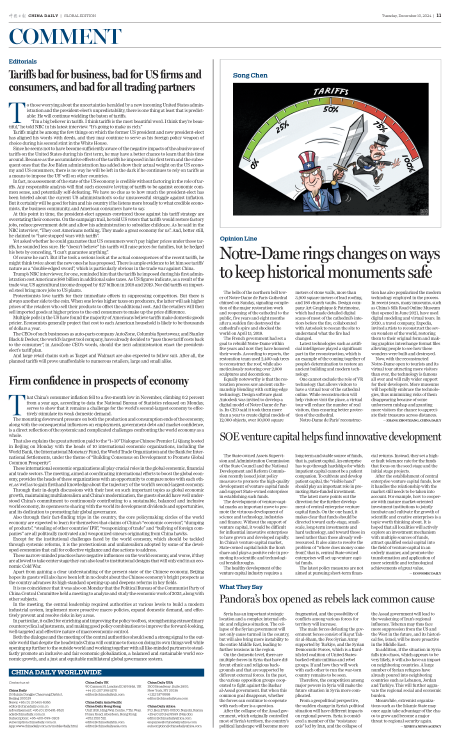
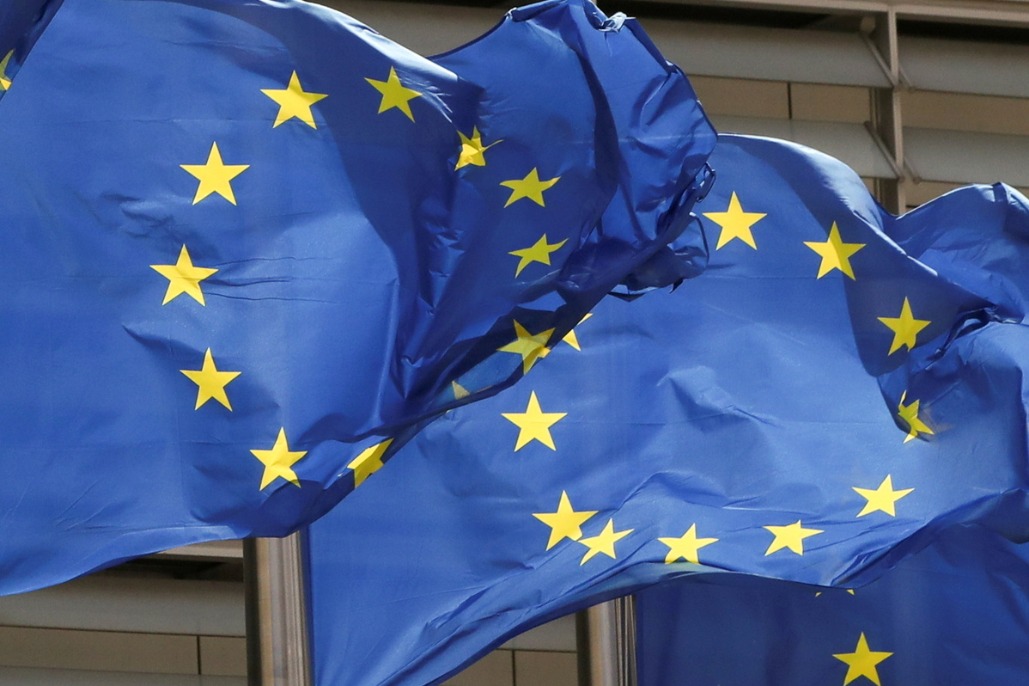
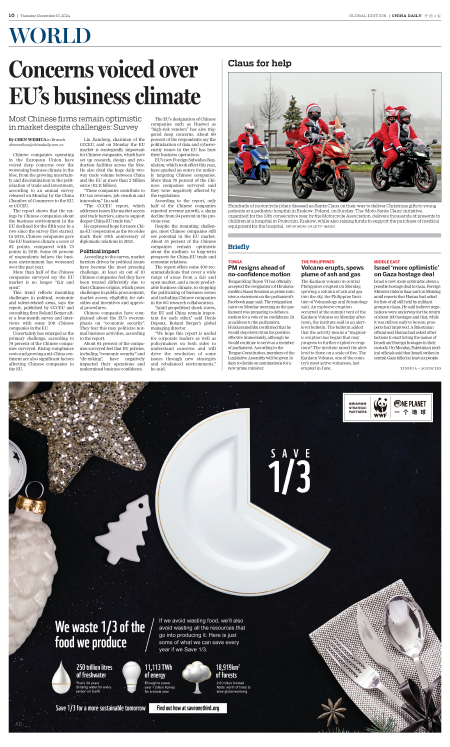

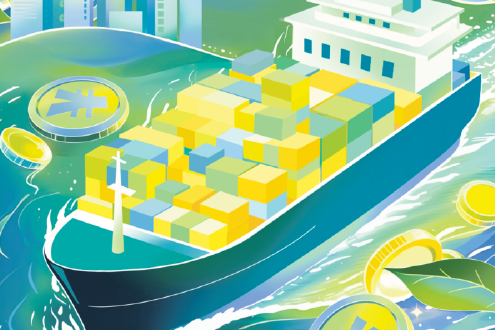




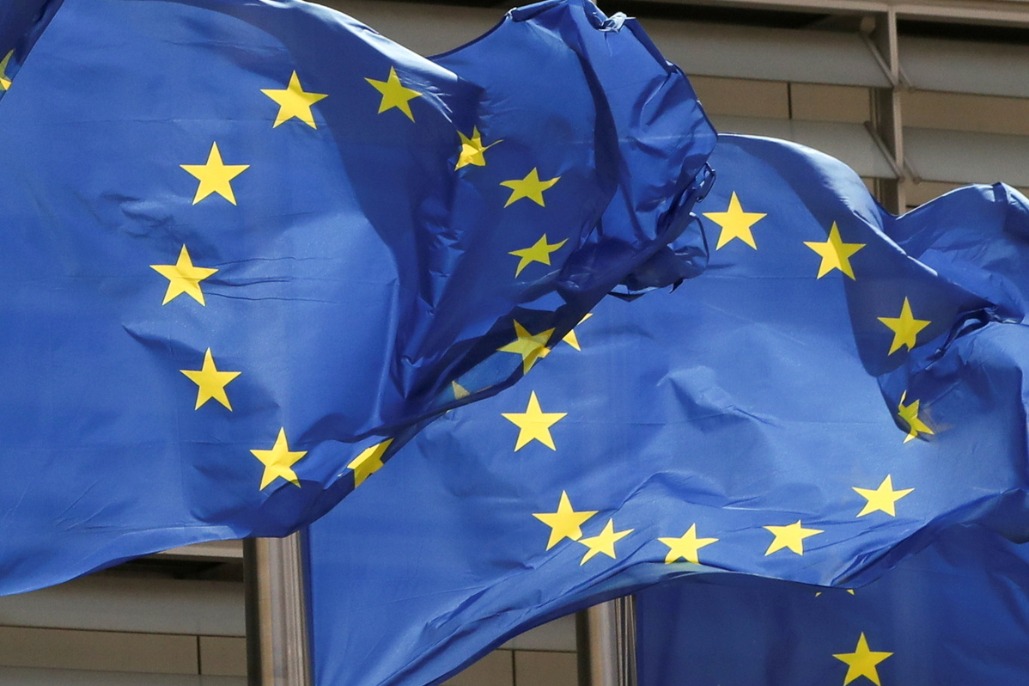

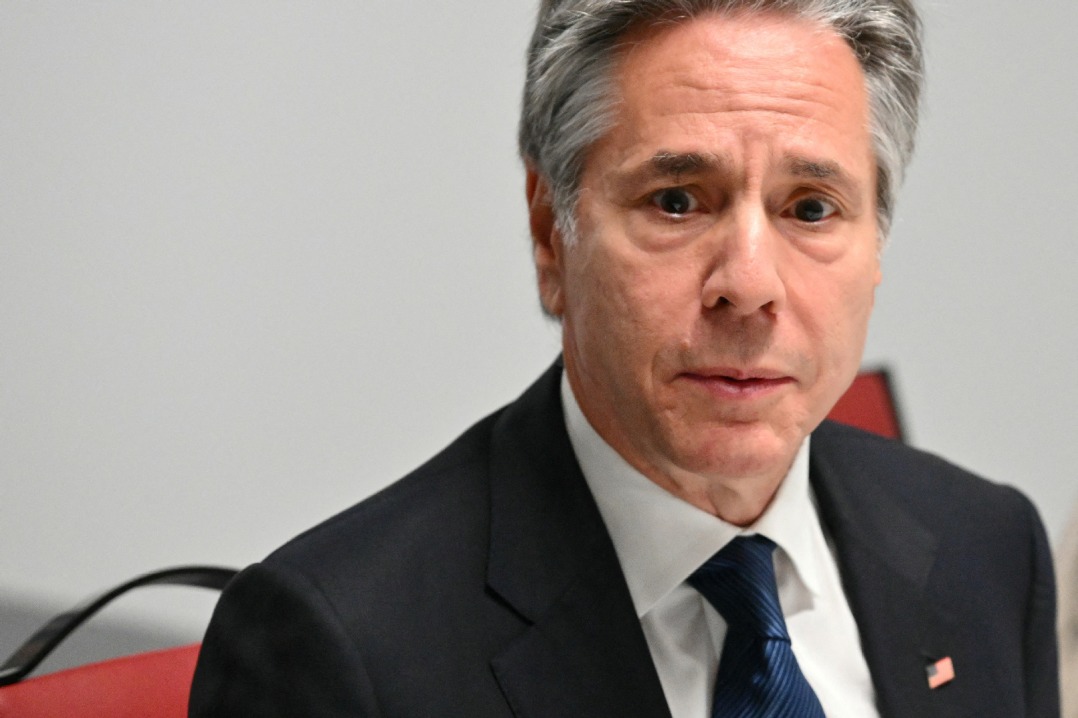


)
